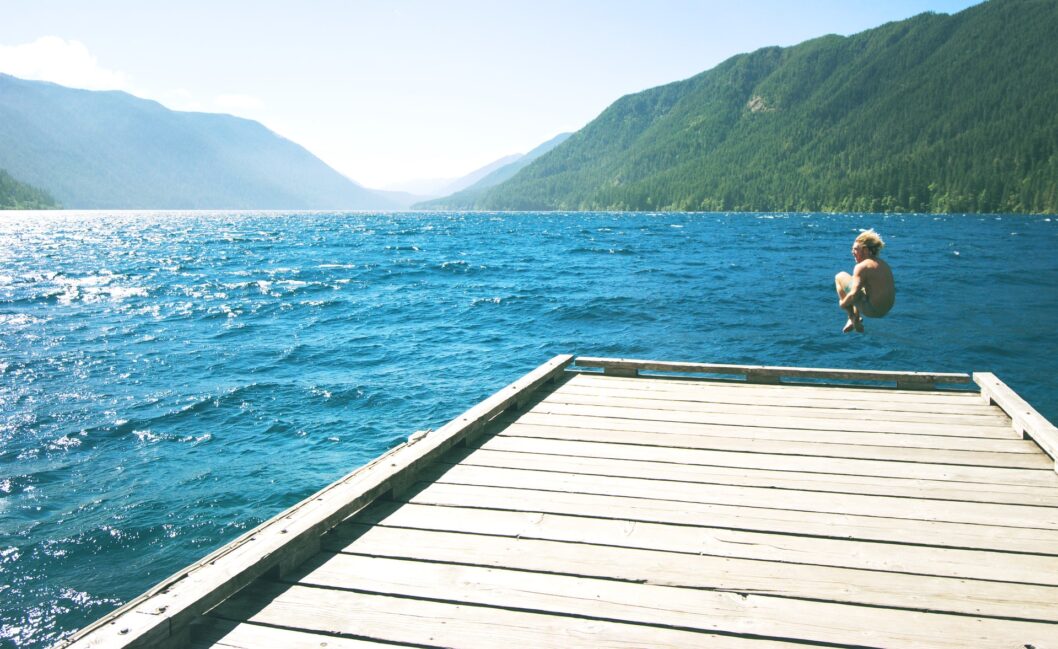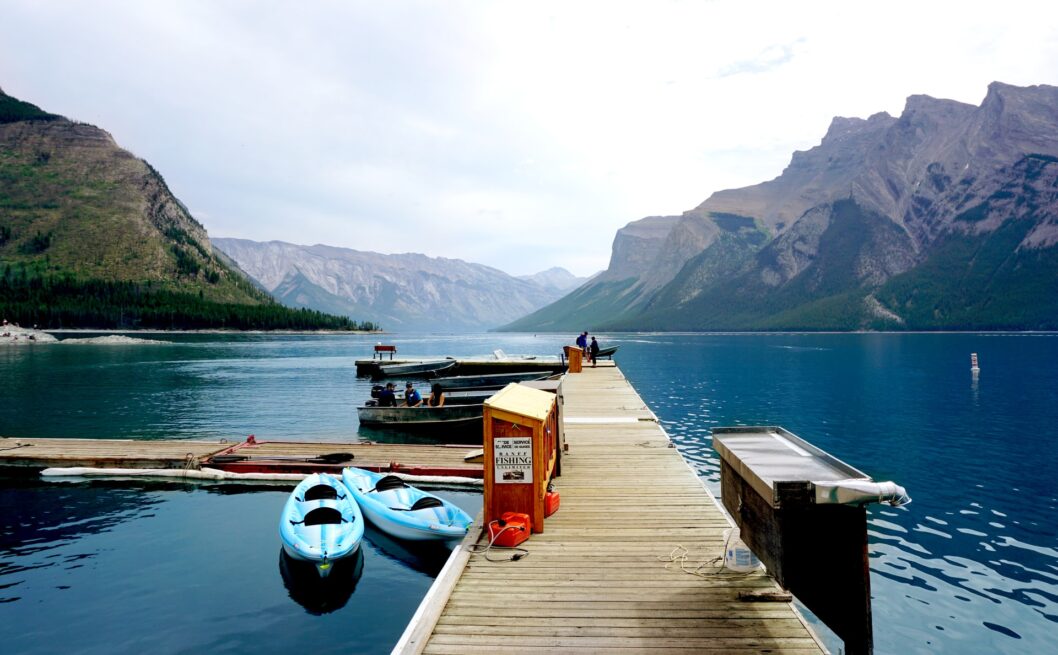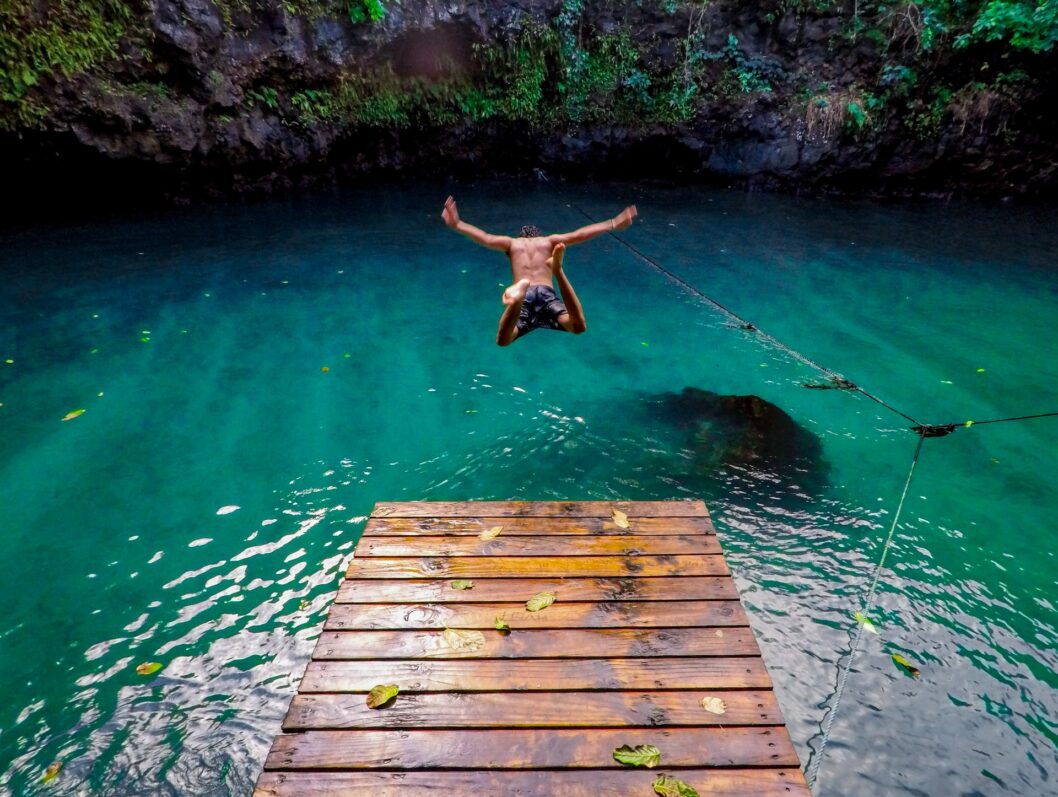Several people live on a lake or near the sea due to its access to surrounding waterways. However, to further experience water privileges, such as enjoying the views and recreational water activities, dwellers decided to extend their property by building floating docks as an additional investment.
This article will expound on the factors you have to consider when selecting the best floating docks. To help you choose, we have discussed the most typical questions that focus on the daily situations we deal with. For instance, the type, location, expenditures, maintenance, and more. Let us start!
Different Types of Floating Docks

Source: unsplash.com
Various materials offer different qualities since no component is naturally better or worse than the other in building a floating dock. Here are the three most common floating dock materials:
-
Plastic Floating Docks
Plastic floating docks are coated with UV-treated elements to safeguard the dock from fast discolorations and sun damage. They may not have the aesthetic appeal of wooden types, but floating docks made of plastic can be your most cost-efficient choice. This is because they cannot rot or develop rust. However, they may produce cracks over time.
-
Wooden Floating Dock
Wooden floating docks have a classic look that everyone loves. Also, wood is the traditional building material for floating docks since they naturally float, which is still popular nowadays. Not merely because of the nostalgic influences, but because it is an excellent material for constructing floating docks.
-
Aluminum Floating Docks
These docks are known because of their strength and durability. Among the three types, aluminum is much more resilient since it can endure a thrashing storm or an impact from a boat. However, docks fabricated from this lightweight but rugged material are usually expensive and tend to rust if not properly maintained.
Guide Questions You Need to Ponder
Here are some guide questions to help you decide on buying the ideal floating dock.
What are the uses of floating docks?

Source: unsplash.com
People use floating docks for various reasons:
-
As Pedestrian Access or Bridge
Floating docks can be used as a bridge or floating walkways. They can provide recreational access to a bay, lake, sea, or floating boardwalk for wildlife viewing.
-
To Gain More Space
Floating docks are excellent to use for gaining more space, like a party stage, terrace, or walkway. The choices are really endless!
-
For Boat Docking and Other Types of PWC (Personal Watercraft)
For mooring and access on boats, you can definitely use floating docks. Now, getting access to your PWC is very convenient.
-
For Swimming
Modular floating docks are used for recreational water activities, including wild swimming. People like to set up modular floating docks to form spaces where they can have fun together with family and friends, while safely swimming in and out of lakes and rivers.
-
For Technical Works
Floating docks are not only for leisure activities, they are also for professional and technical use. Whether you need to carry out maintenance work on the ship, pump water, or shoot a film, these sturdy floating docks will allow you to work in the water without worrying about security.
-
For Business Use
Floating cafes and restaurants are the latest fad in the restaurant industry. They are created to establish a restaurant experience on the water, serving more excellent value for customers. To uphold this business for a beautiful ambiance, floating docks are in great demand.
-
For Fish Farming
Yes, you read it right. Floating docks are not only for creating marinas, floating restaurants, and bridges. They are also used to build a floating fish cage for fish farming. Click here for more information.
Where will you install the floating dock?

Source: unsplash.com
Your ideal dock selection will be determined by the place where you plan to put it. Floating docks can adapt to any water level’s condition and are versatile, making them perfect waterfront solutions for ponds, lakes, rivers, or seabeds.
In addition, they are more practical than other types of docks because they generally have lesser permitting requirements. Also, floating docks can be removed and stored in a safer location in bad weather and be easily put back when needed.
Will it be temporary or permanent?
Do you plan to install permanent floating docks, or do you regularly plan to assemble and dismantle them? If you seek a permanent structure, go for something easy to clean, long-lasting, and steadily anchored.
On the flip side, suppose you decide on a temporary dock, take the one that is flexible, lightweight, and hard-wearing. Modular floating structures are the ideal pick if you need to transport and store your docks.
How much are you willing to invest?
A floating dock at your waterfront can be as typical or as ornate as you want it. However, the common denominator of any successful model is a solid construction using long-lasting, robust materials. And to achieve that, a reasonable budget plan should already be on your notes.
Furthermore, if you have some handyman skills, you can build your small floating pontoon and save payment for labor. Still, building a dock is not that easy, especially if you really don’t know what you are doing. Therefore, it is best to get professional help. Although doing this may cost more, you will have peace of mind knowing that your dock is built correctly and secure to use.
More than that, you have to apply and pay for permits. You have to make sure you followed the building standards in your area, or else you will be fined.
Conclusion
The idea of choosing the best floating dock may overwhelm you. But with the correct decision-making and weighing out the advantages and disadvantages, you will definitely land on the right decision for your waterfront space.


















